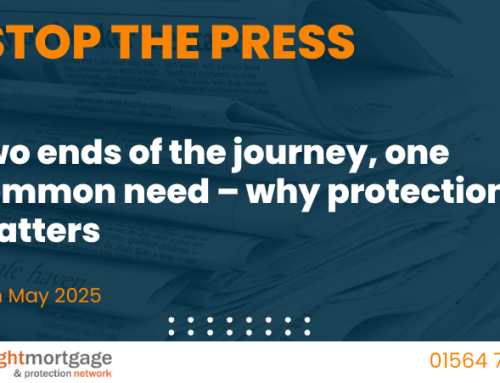In times of economic uncertainty, the risk of fraudulent activity and financial crime often increases as financial pressure coupled with rising living costs present fertile ground for fraudsters looking to capitalise on consumer vulnerability. Many of the risks associated with fraud and financial crime typically arise due to lack of knowledge and understanding around what constitutes fraudulent activity, therefore, it is important that advisers ensure they are up to speed on any developments in this area.
Criminals have become increasingly sophisticated in the methods they use to carry out financial crimes and there are new and emerging threats evolving every single day. The spectrum of financial crime is now extremely far-reaching and can range from falsified documentation regarding income and assets to high level activity such as money-laundering and identity theft. Having inadequate and weak fraud management controls in place to deal with the threat of financial crime makes companies extremely vulnerable to risk and can have a significantly detrimental impact on an adviser’s business, such as lender panel removals, FCA investigations, PII issues, and reputational damage- to name a few.
Therefore, it is essential advisory firms ensure they educate themselves and all their staff involved in the mortgage process on the ways in which they can mitigate their exposure to financial crime by knowing how to identify current trends and what to do in the event of a solitary red flag, or multiple ones.
For advisers and advisory firms that have compliance support, tapping into the resources available from your distributor can help to provide insight into the latest developments in this area and help advisers learn how to be more aware of the issues relating to criminal activity.
Many distribution offerings, including The Right DA Club, offer product-specific fraud training programmes and guides as part of their commitment to fraud prevention, which outline the common practices used within the financial services industry.
Taking part in these training programmes can help advisers working in the mortgage market, for example, become more proficient at spotting fraud during the mortgage application process while also improving the quality of cases that are submitted to lenders. Therefore, not becoming part of a lenders ‘watch list,’ or even worse panel removed. The same is true for other areas of the financial services industry, and because the devil is in the detail, the more information an adviser/firm gathers, the more likely they are to spot inconsistencies and discrepancies that could be cause for concern.
A high level of customer due-diligence can be achieved through conducting a thorough fact find, completing a comprehensive review and analysis of documents, as well as understanding the possible issues that may arise during the early stage of a credit check. These are some of the key areas that help advisers achieve accuracy and consistency during the application process, and allow advisers to spot indicators that suggest that fraud and criminal activity could potentially be taking place.
It is also worth remembering that protection from fraudulent activity does not only apply to an advisers’ client bank. Safeguarding a business and its employees and their data from cyber security breaches is also a priority and installing software that can help with this should be top of mind for all advisory firms.
With the threat of financial crime and fraudulent activity ever present, staying abreast of current issues and developments in this sector is a must. For advisers that are members of a club or distributor or network, tapping into the resources available will help to provide a better understanding of current threats and prevention methods while helping to keep clients and their business safe from harm.





